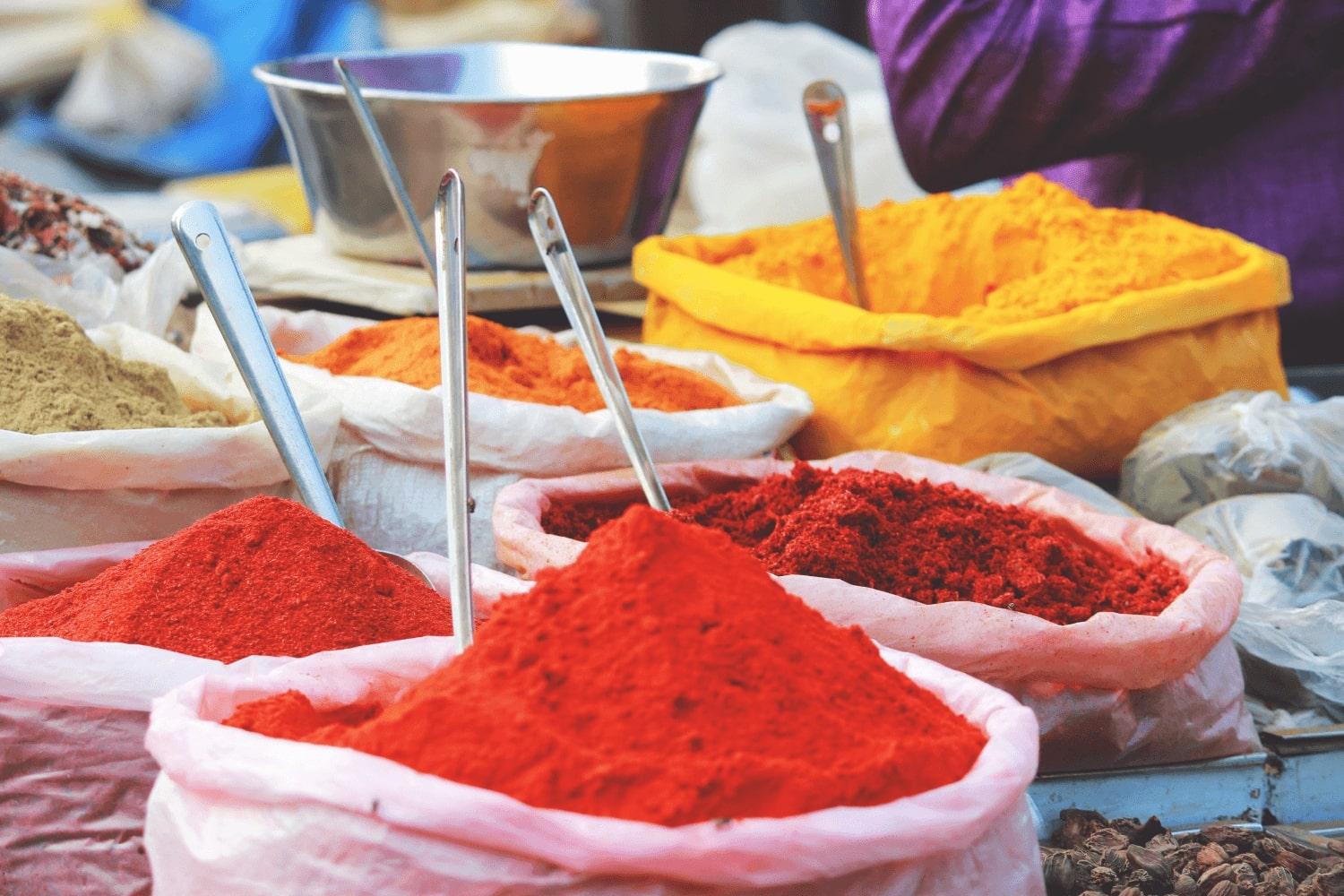
Equity & Inclusion Newsletter
Staff Edition 3: November 2020
December Dilemma
The lessons and teacher self-assessment tools found here are helpful in ensuring holiday inclusion and meaningful work around religious diversity. In addition to the instructional ideas within this guide, there are many high quality resources to reference linked at the end.
I also want to make sure you have this link to the Anti-Defamation League's (ADL) guide on navigating religious holidays in the public schools.
Please do not hesitate to reach out if you'd like to talk through your thoughts, instructional ideas, questions, and/or concerns around this work as we approach December holidays. I also have many more resources to share if you're interested. It is incumbent upon us as educators to really know the composition of our classroom and if we don't already know, to meaningfully partner with our students and their families and to do so with sensitivity about their past experiences, thoughts, ideas, and wants/needs. For example, I was raised in a Christian household. I can say that there is a critical balance to strike in a) deepening my own understanding of religions outside of my life experiences to be sure I honor my students' experiences, beliefs, and traditions and b) making room for all students to share their funds of knowledge in this area if they'd like to without putting students or their families in the position to "educate" me or the class.
Read: Toolkit for Being There for Nonbinary Youth
Watch
Listen
The TWW podcast is now on its 14th episode. The one linked here is episode 2. Episode 1 is particularly relevant for secondary humanities teachers, but starting at episode 2 is an accessible entry point for all staff.
About this podcast: "More than 80% of teachers in the U.S. are white. But most don't know their whiteness matters...TWW wants to have conversations about assumptions: what they are, how they impact our students, and how we can confront our bias to promote racial literacy."
Teaching around Thanksgiving? Center Native Perspectives
Many educators design instruction and activities around Thanksgiving. If you are doing so, here are resources for you as an educator as well as for use with students to ensure doing so in a socially responsible way:
- Harvest Ceremony: Beyond the Thanksgiving Myth
- The Wampanoag Side of the First Thanksgiving Story
- Rethinking Thanksgiving Celebrations: Native Perspectives
- What Educators Need to Know About Teaching Thanksgiving
- Teach the Truth This Thanksgiving
- Link to slides from pop up PD session on 11/11
- Specifically for PreK-5: Instructional ideas
Watch our November read aloud & share with students: featuring 2 students and 2 R15 employees!
Have you followed on social media yet for resources and updates?
Email: equity_inclusion@region15.org
Twitter: @r15equity



